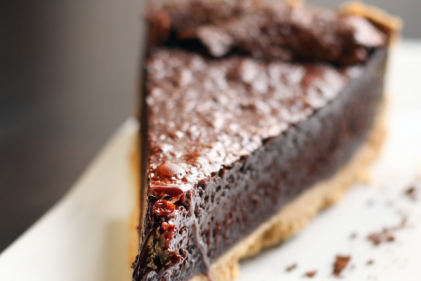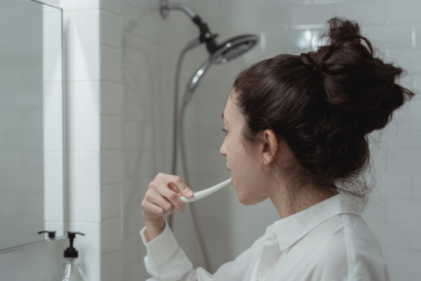 It may be hard to believe, but your angelic sleeping baby is capable of making quite a bit of snoring noise, so don’t be alarmed.
It may be hard to believe, but your angelic sleeping baby is capable of making quite a bit of snoring noise, so don’t be alarmed.
So how can someone so small and adorable produce such snores?
Young babies tend to be noisy breathers in general, because their airways are narrow and filled with lots of bubbly secretions.
The air passing through these puddles of secretions cause lots of different vibratory sounds.
Most of the time, these sounds are just a noisy nuisance that gradually subsides as baby's airways grow and as he or she learns to swallow excess saliva. Sometimes snoring can be a clue that the breathing passages are not as clear as they need to be.
When the breathing passages are obstructed, baby has to breathe harder to move air past the obstructions, which produces the sound of snoring.
Here are some ways to keep snoring in check:
Keep little noses clear: One of the best home remedies to help your baby breathe easier is to keep those little nasal passages clear. If your baby's nose seems stuffy, squirt a few drops of saltwater nose drops into your baby's nose at least once a day. Most pharmacies should sell a saline nasal spray, but you can make your own by dissolving ¼ teaspoon of salt in a cup of water.
Steam: Stand in a warm shower with your baby and let the humidified air loosen excess secretions in the airway. Do this just before bedtime, since noisy breathing from clogged airways is mostly a problem during sleep. To humidify the air in your baby's bedroom, run a warm-mist vaporiser. This can be especially helpful during times when central heating dries the bedroom air.
Allergy-proof baby's bedroom: Remove allergens, such as dust collectors and animal dander, from your baby's sleeping environment.
When snoring becomes a health risk: If loud snoring persists, start a health journal. Record your baby's different breathing sounds, day-by-day. If your baby's snoring worsens, be sure to mention this to your baby's doctor.












